Driven by innate respect for nature, we do not compromise when it comes to materials, quality or sustainability. We take a conscious approach to production, using the highest quality natural materials that are both beautiful and respectful of the environment and the animals.
Norwegian Wool
Wool is an essential part of our heritage. We take great pride in using Norwegian wool, renowned for its durability and ruggedness, as the foundation for our collections. Each spring and autumn, the wool is harvested from sheep in their natural habitat across the Norwegian countryside.
Our continued commitment to quality has led us to choose wool from the autumn harvest, as the wool fibres are longer, producing a softer, less itchy garment. We use no treatments on the yarn, and our dyes meet REACH regulations.
Knitwear in 100% Norwegian Wool:
Saga
Blaatrøie No.3
Blaatrøie No.4
Blaatrøie No.5
Nord No. 1
Nord No. 2
Nord No. 3
Æra
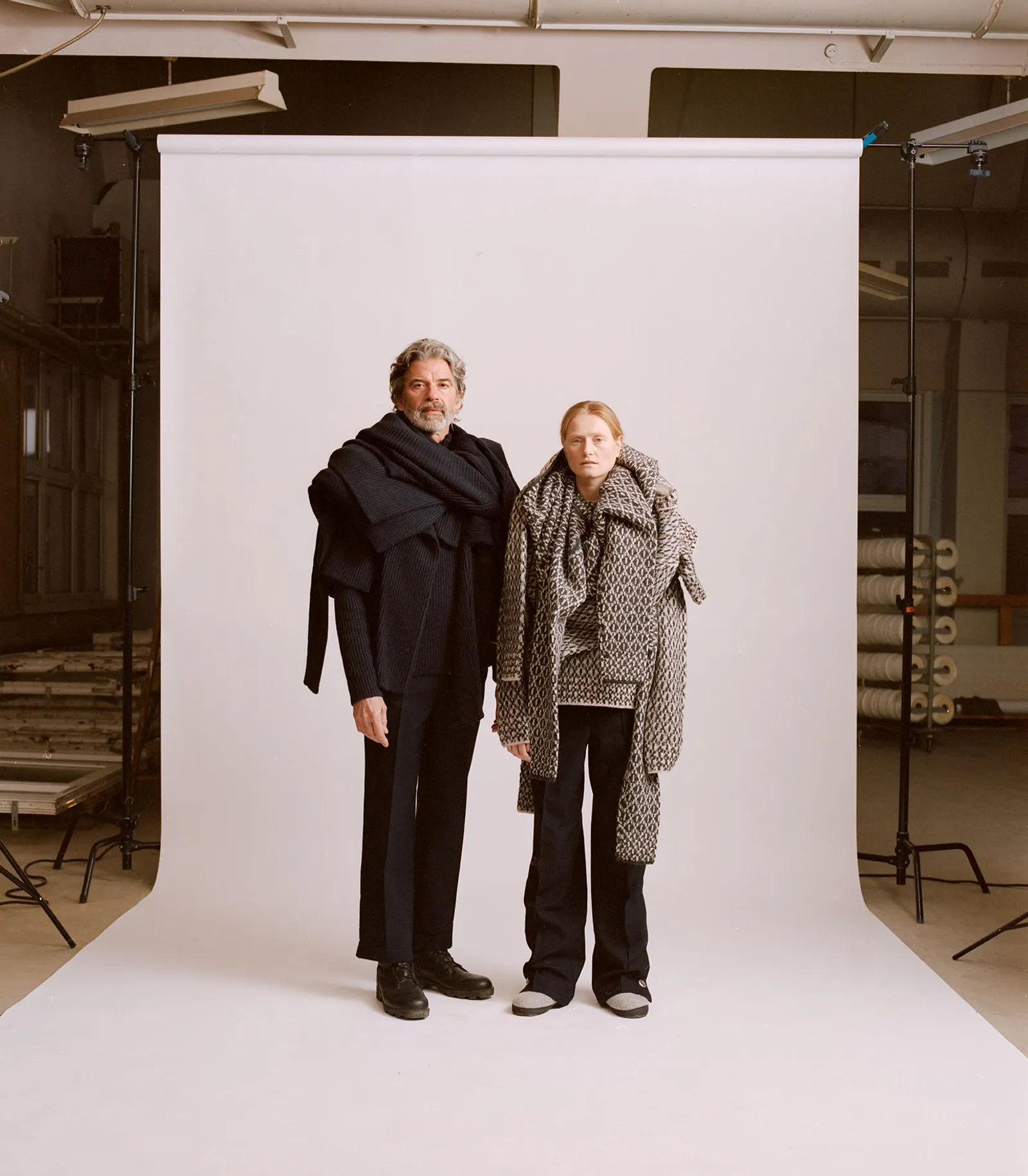
Yak
Warmer than merino, more breathable than cashmere, and remarkably sustainable, yak is a multi-tasking fibre that feels luxuriously soft against the skin.
Our superfine yak is sourced via Shokay, a socially conscious enterprise working directly with local herders on the high-altitude Tibetan Plateau in Central Asia. The fibres come exclusively from free-roaming yak, hand-combed once a year to harvest the most delicate wool. Well-adapted to the harsh environment, the long-haired domesticated cattle require minimal human intervention for their care, making yak fibre a sustainable and eco-friendly choice.
Knitwear in 100% Yak:
LAV NO.1
LAV NO.2
LAV PONCHO
O.A.D. SKAUT
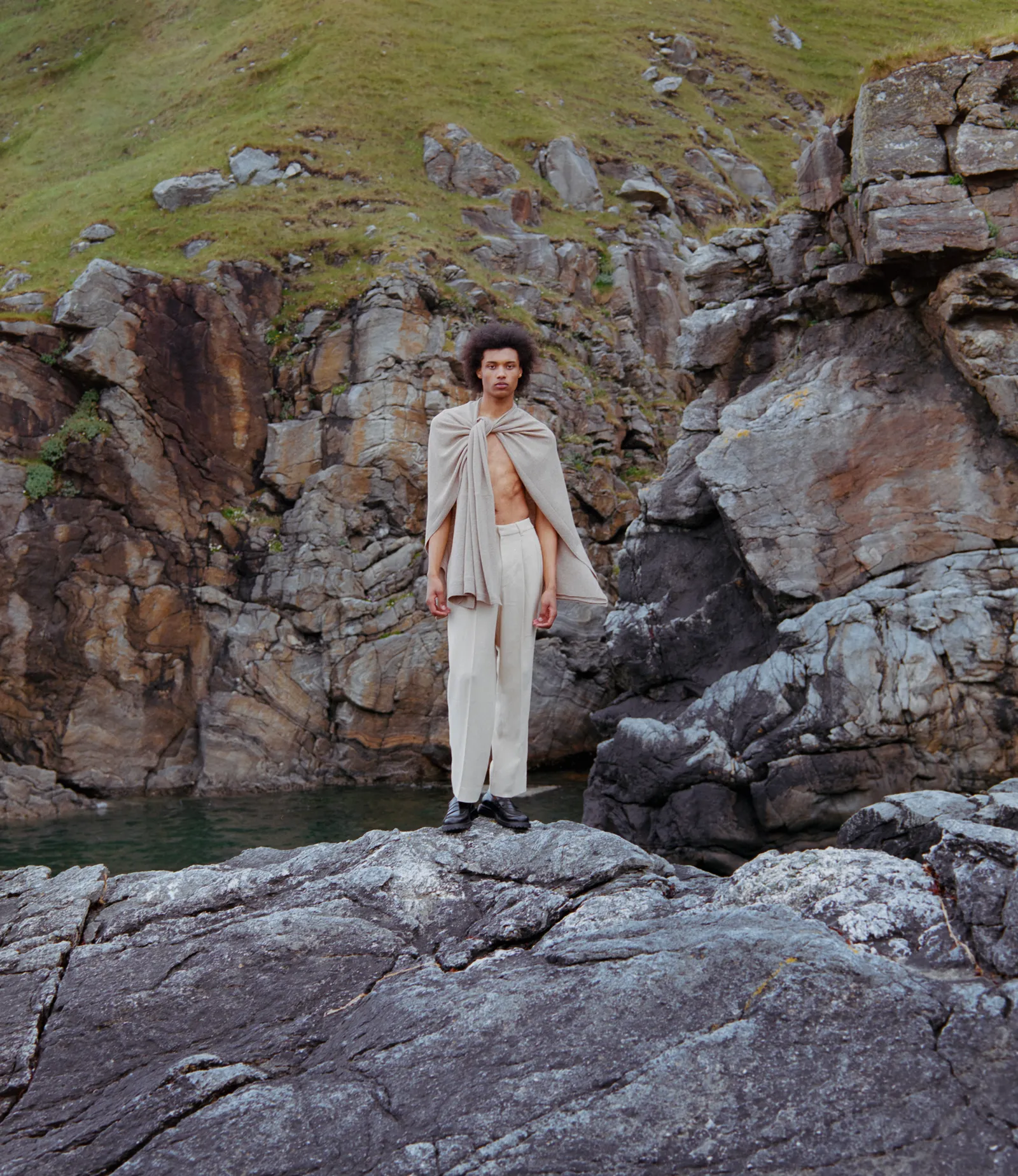
Mohair
Fleece from the Angora goat is one of the world's most naturally lustrous and highly durable fibres. We source our Mohair exclusively from South Africa, where the wool quality has been refined through high breeding standards, and farmers follow strict protocols to ensure that the animals are treated ethically.
Angora goats are sheared twice a year by hand to harvest the most delicate fibres. Unique characteristics such as moisture retention, elasticity, and tensile strength make Mohair a dream for our knitwear designers to work with.
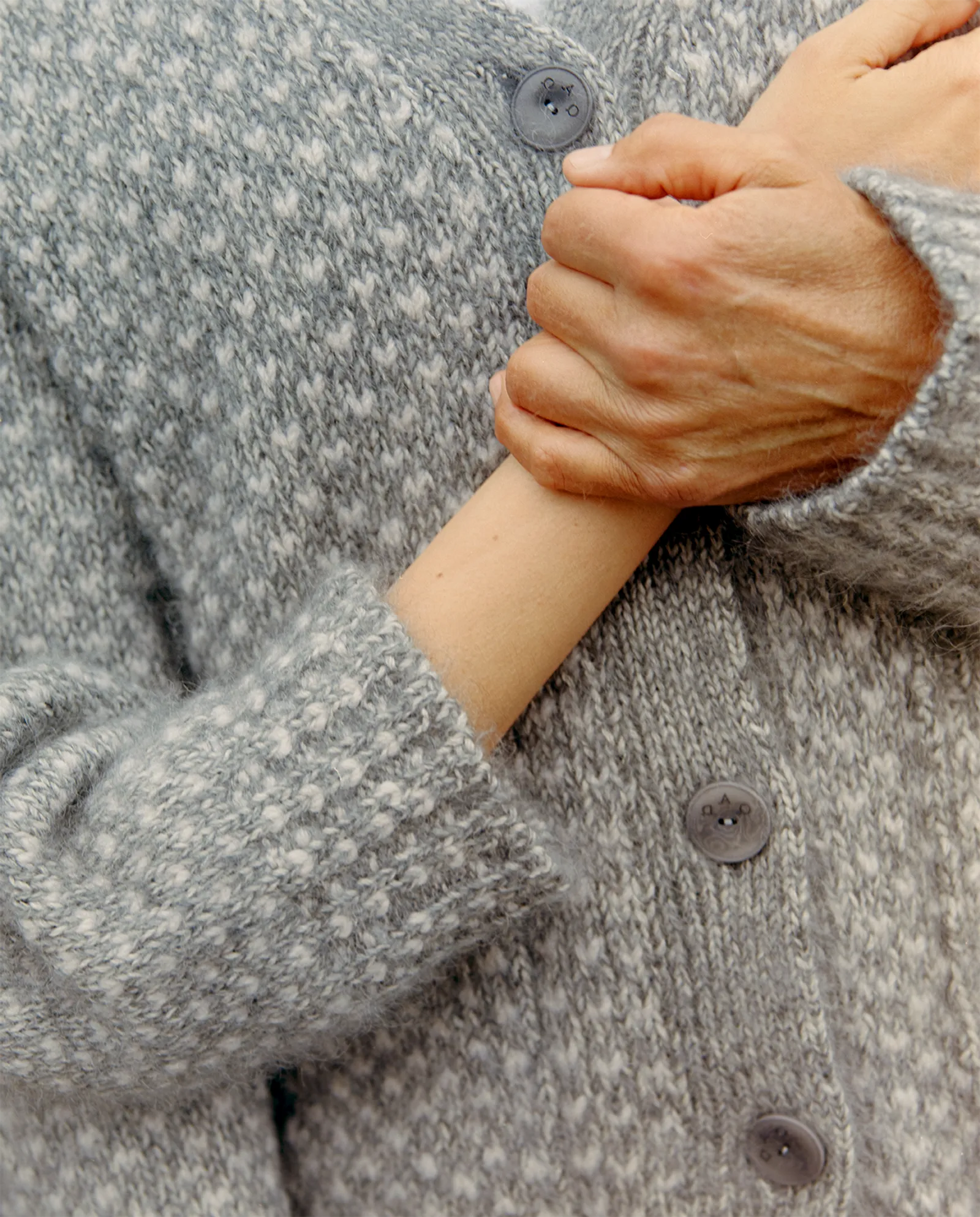
Cashmere
Wool from the Cashmere goat is recognised worldwide for being extraordinarily light and incredibly soft to the touch.
Cashmere is three times more insulating than regular wool and works as a finely tuned temperature adjuster, making it a highly-sought after fibre for both style and function.
Knitwear with 100% cashmere:
O.A.D. BEANIE
RØDLUA
O.A.D. NECK SCARF
Knitwear with cashmere:
Blaatrøie No.3
Blaatrøie No.4
Blaatrøie No.5
Snø
Snø No.2
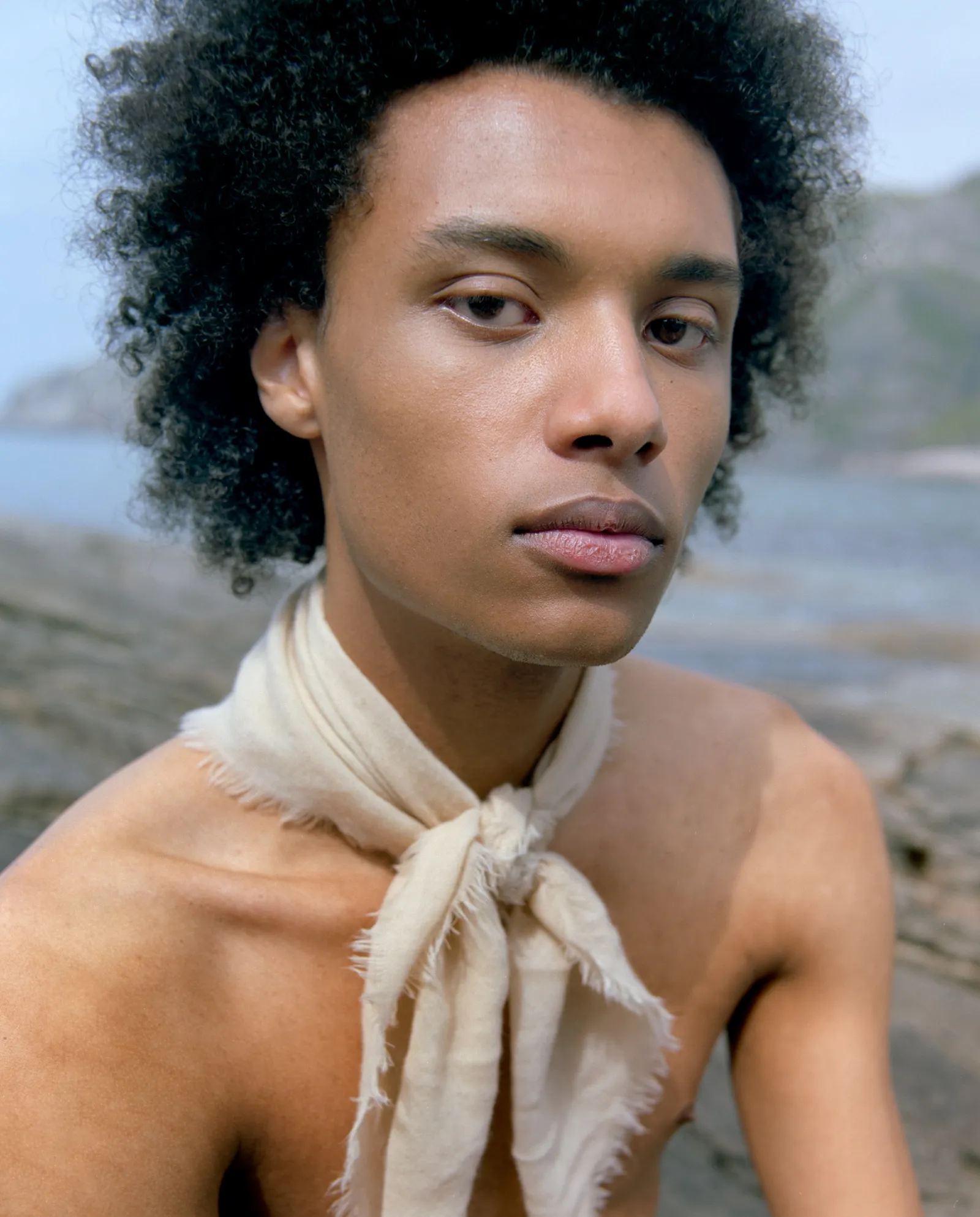
Alpaca
Alpaca yarn is renowned for its cuddly softness, airy and light texture, and gleaming features. Regarded as one of the world's most noble fibres, the wool from alpacas has numerous beneficial qualities. It is softer, more durable, and more luxurious than even the highest quality sheep wool. Alpaca wool is perfect for garments worn close to the body because it is hypoallergenic and gentle on sensitive skin. Our Alpaca wool is sourced from Peru from selected suppliers renowned for their responsible practices towards the environment, animals and population.
Knitwear with Alpaca yarn:
Snø
SNØ NO.2
O.A.D. Mittens
O.A.D. Beanie
EVA
BREKKESTØ
Storm
Bris

Recycled Wool
Recycled wool gives new life to this natural fibre, making it an innovative and sustainable choice that benefits the industry, society and, above all, the planet. Our recycled wool is produced by blending both pre- and post-consumer pure wool fibres, recovered from industrial yarn cuttings and dyed garments. The cuttings are carefully selected and transformed via a circular process that reduces the consumption of energy and water, and lowers CO2 emissions - following the Global Recycled Standard.
Knitwear with recycled wool:
SVAL
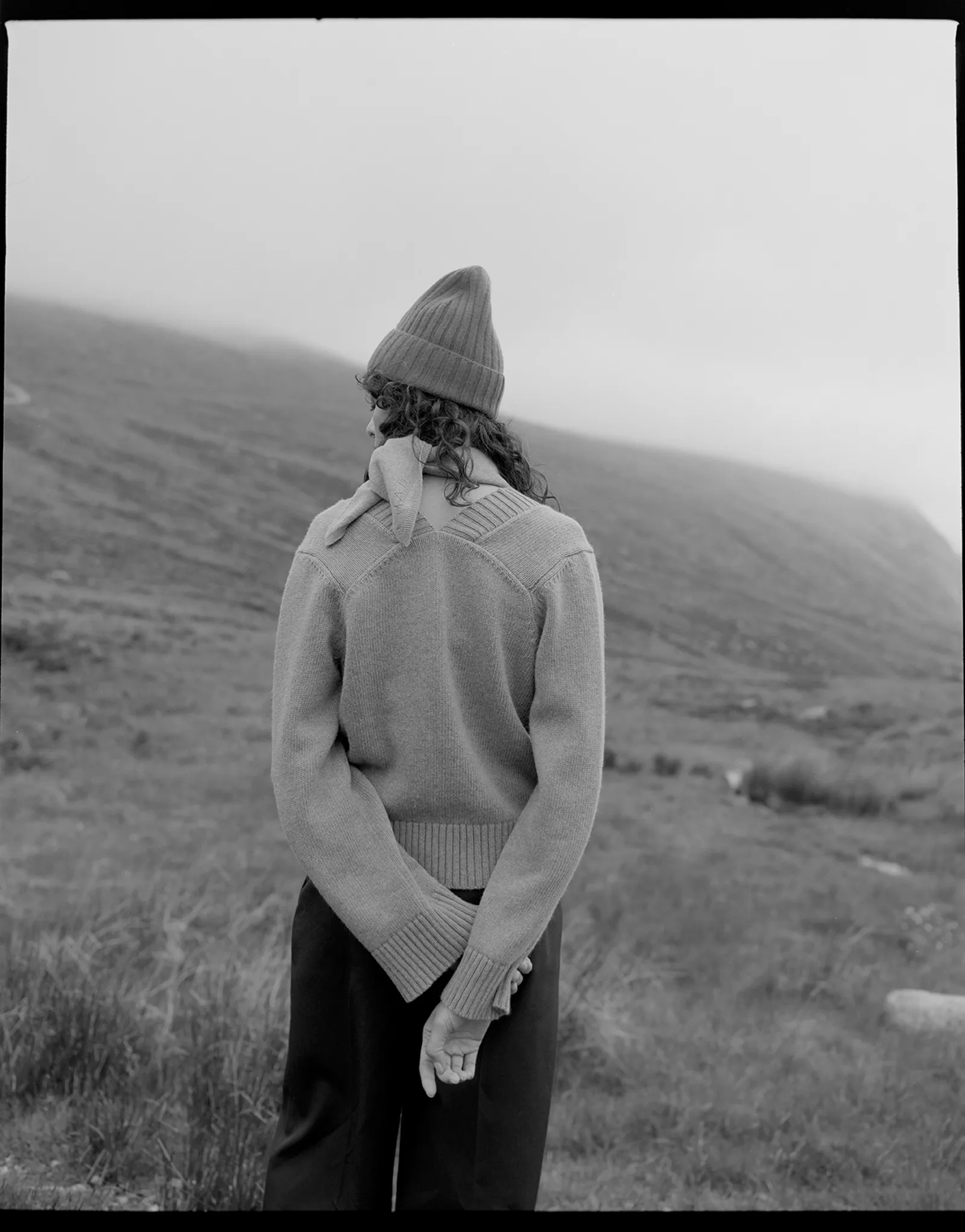
Organic Wool
We use organic wool as an ethical and sustainable alternative to standard wool. We harvest wool from sheep that graze freely in their natural habitat and work with farmers who focus on their animals' well-being. We believe in aligning with nature, and choosing organic wool allows us to do that.
Knitwear with Organic Wool:
Ole No.1
Ole No.3
Ole No.4
Storm
Bris
O.A.D. Mittens
O.A.D. Beanie
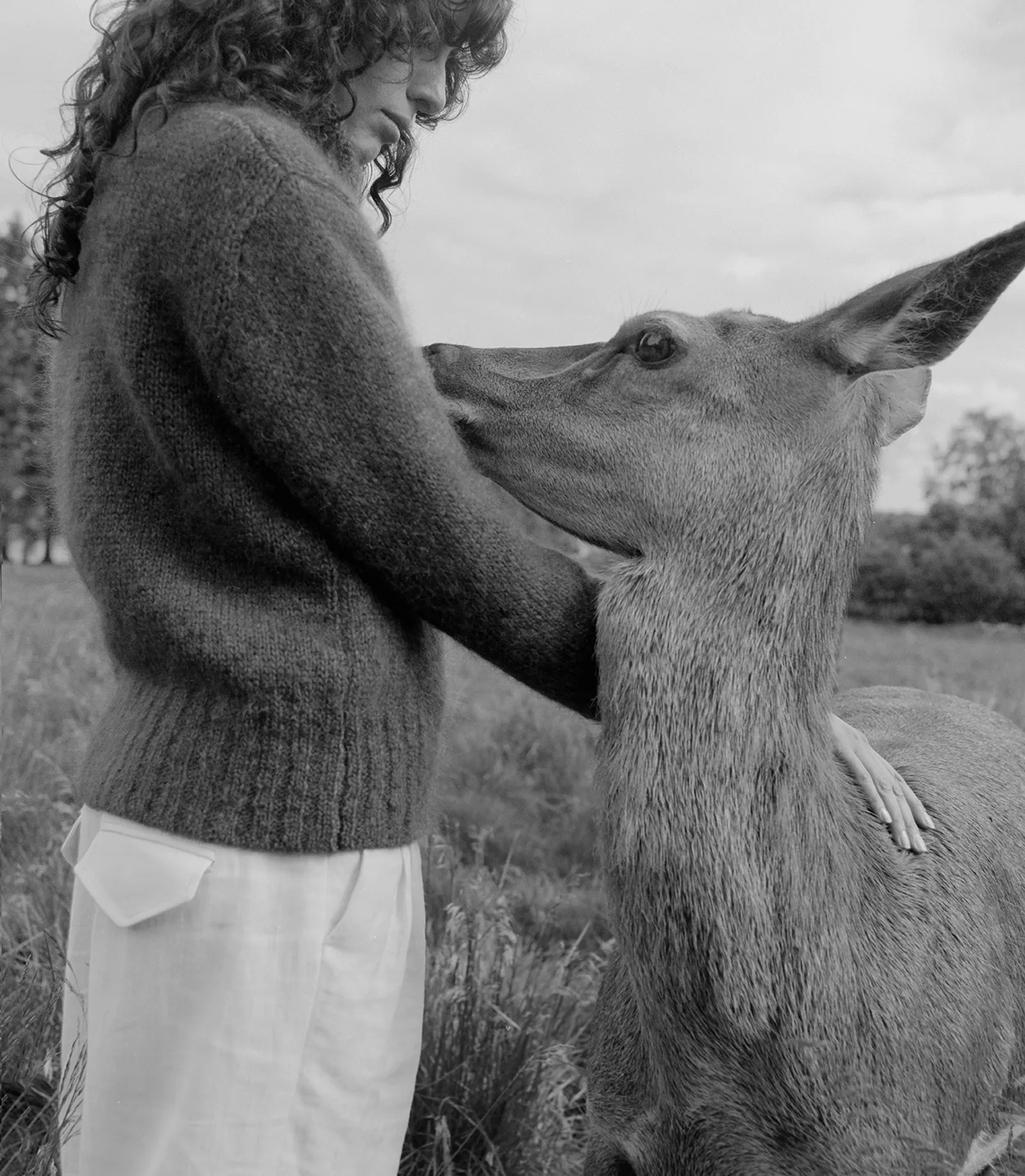
Merino Wool
The wool from Merino sheep is more refined and softer than regular wool. Its distinctive benefit is regulating moisture and keeping you dry in warm and cold climates. Merino wool is as natural as it comes; it will decompose after just 12 months if left in the soil. We use three different merinos in our collections - Fine, Ultrafine and Super Geelong.
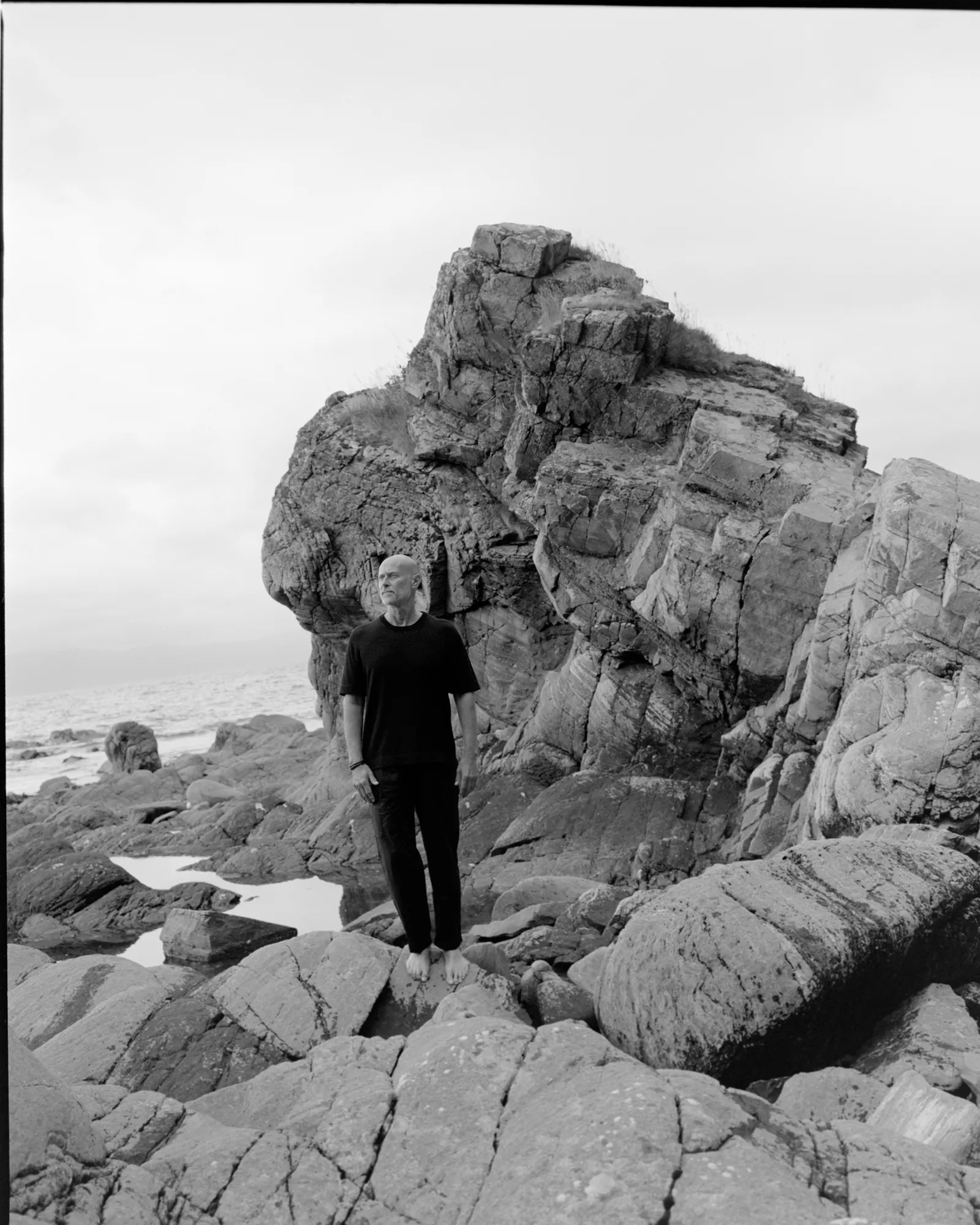
As a conscious knitwear brand, we are responsible for minimising the carbon footprint of our production cycle. Building a sustainable supply chain at every step, from the factory to your wardrobe, is one of the ways we do so and is made possible by the close relationship we have with our production companies in Italy, Divina Mode and Point Tricot.
Divina Mode is a family-run company located in Modena, an area noted as the seat of excellence for knitwear production. Divina Modes commitment to sustainability and their unparalleled expertise is one of the reasons we chose to produce our garments in Italy.
Point Tricot, another family-owned company, has been active in the textile industry since 1981. Their dedication has helped them achieve the highest environmental and social sustainability level, working with only the most discerning international brands.
Our shared philosophy and close relationships with both partners, built on transparency and trust, help ensure the highest quality for O.A.D. garments. Our team visits the factories quarterly to ensure an ethical and secure production process.
All our wool is mulesing-free
Mulesing is a controversial and painful procedure that involves removing flaps of wool-bearing skin from the breech and tail of the sheep. Often performed on Merino sheep due to their characteristic wrinkly skin, the method was intended to prevent infections from flies but is today regarded as both primitive and abusive.